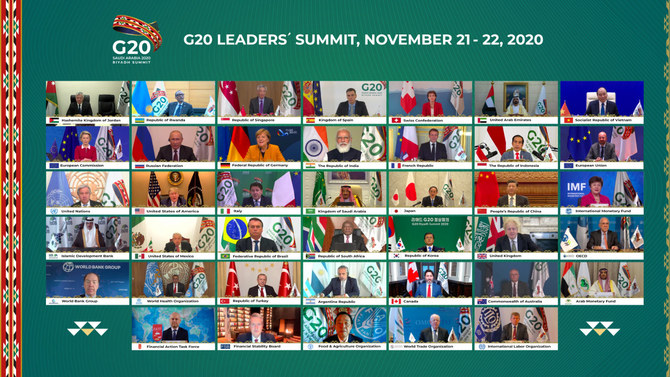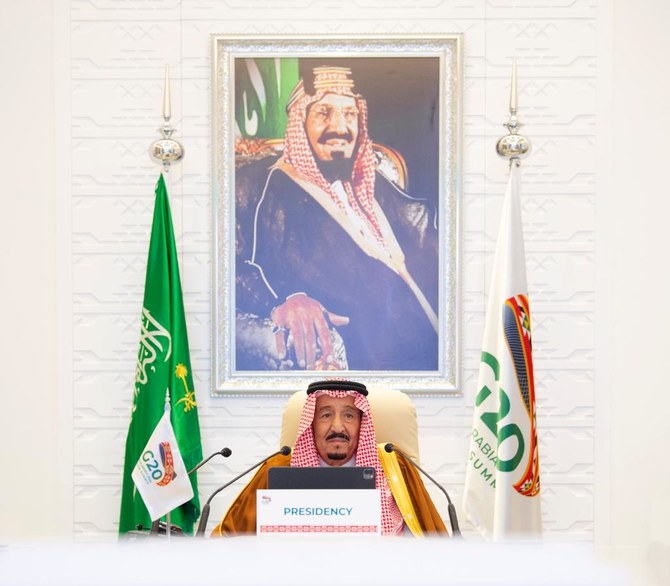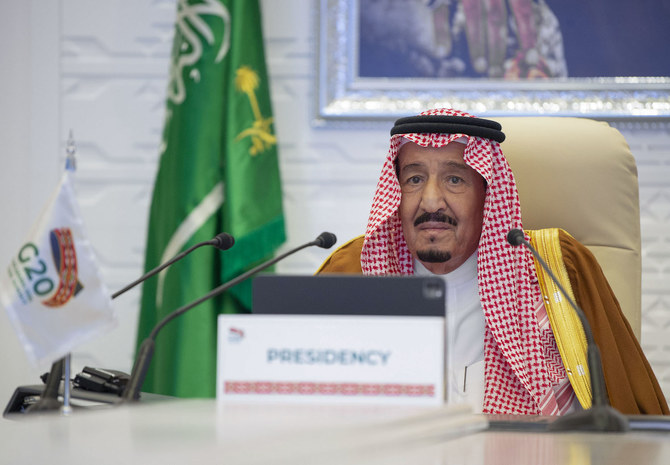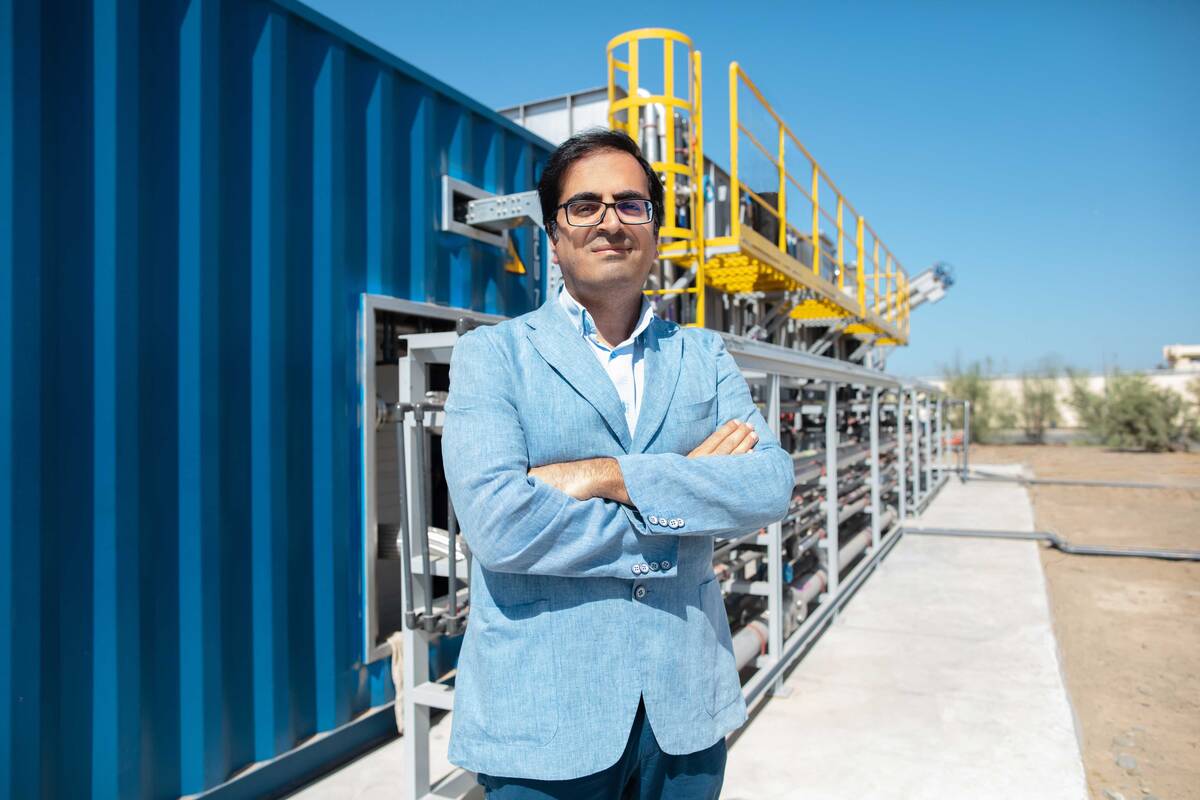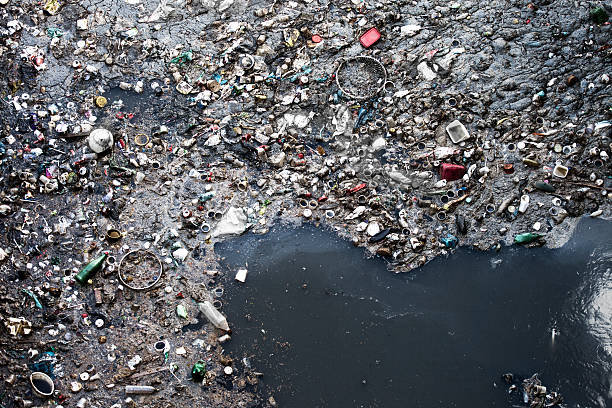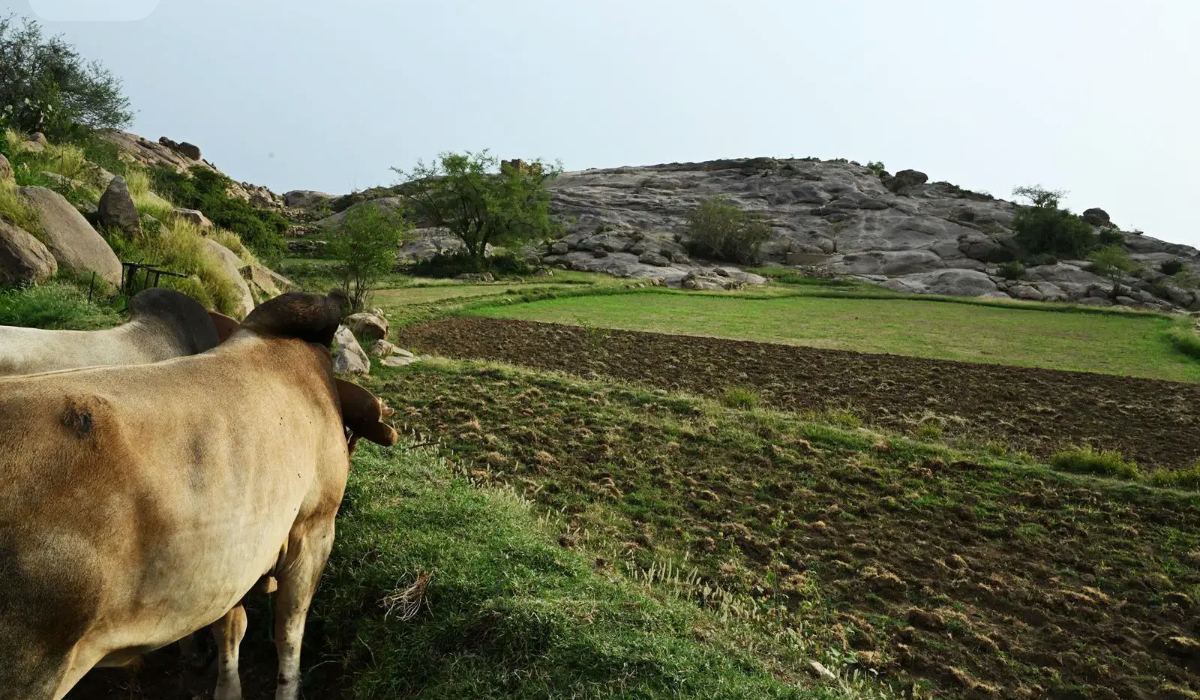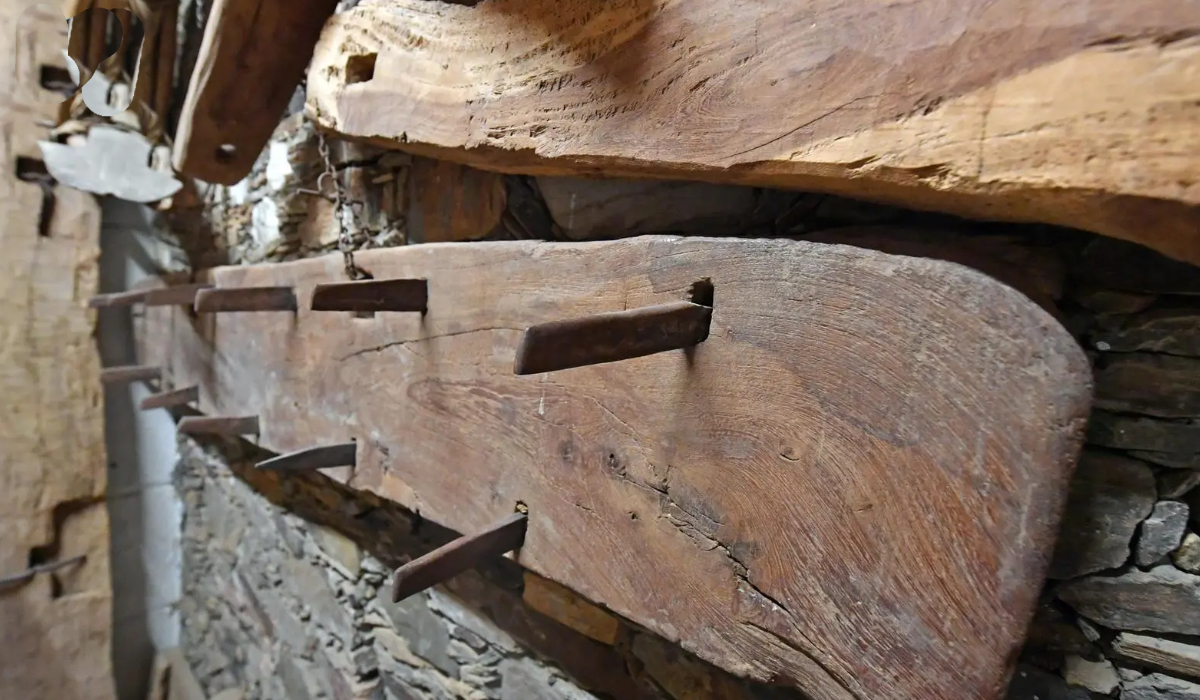RIYADH/LONDON: G20 leaders must work toward fair and affordable access to COVID-19 vaccines, King Salman said during his opening remarks at the G20 summit in Riyadh on Saturday.
“Although we are optimistic about the progress made in developing vaccines, therapeutics and diagnostics tools for COVID-19, we must work to create the conditions for affordable and equitable access to these tools for all peoples,” he said, opening the unprecedented meeting held virtually due to the ongoing coronavirus pandemic.
“It is unfortunate that we are unable to host you in person in Riyadh, due to the exceptional circumstances that we are all facing this year,” King Salman told G20 leaders.
“Our peoples and economies are still suffering from this shock. However, we will do our best to overcome this crisis through international cooperation,” the king said.
King Salman gives his opening remarks at a virtual G20 summit hosted by Saudi Arabia in Riyadh on Nov. 21, 2020. (Royal Palace photo via AP)
Together, King Salman said, people can protect their lives and livelihoods while shaping a better world.
The G20 leaders are holding a two-day virtual meeting via video-conference due to the pandemic, under the chairmanship of Saudi Arabia, which holds the rotating presidency of the G20 until the end of November.
The pandemic, which will throw the global economy into a deep recession this year before an economic rebound expected in 2021, is at the top of the agenda.
The king noted that the 20 largest global economies had so far contributed $21 billion to confronting COVID-19 and “took extraordinary measures to support our economies by injecting over $11 trillion to support individuals and businesses.”
Environmental protection
G20 countries should provide support to developing countries to maintain development progress, the king said.
The role of women and youth in society and the labor market must be strengthened, he added.
King Salman added that G20 countries must lead the international community in conserving and protecting the environment, combating land degradation and preserving coral reefs.
He added that G20 countries have adopted the Riyadh Initiative on the Future of the WTO which aims to make the multilateral trading system more capable of facing any challenges.
Economies and borders must be reopened to facilitate the movement of trade and people, the king said.
The Kingdom launched the summit with an aerial display of passenger and aerobatic planes over Riyadh and on Friday, a virtual “family photo” of G20 heads of state was displayed on the walls of the historic Salwa Palace in Diriyah at a cultural dinner for journalists, guests and envoys.
Individual photos of the G20 leaders were joined together with King Salman at the center.
“I am confident that the Riyadh Summit will deliver significant and decisive results and will lead to adopting economic and social policies that will restore hope and reassurance to the people of the world,” King Salman said at the end of his speech.
Earlier on Saturday, King Salman said that Saudi Arabia was pleased with the meeting of the leaders of the G20 countries, stressing that the G20 had demonstrated its ability to join efforts against COVID-19.
“The group demonstrated its strength and ability to cooperate in order to mitigate the effects of the coronavirus pandemic on the world,” he tweeted.
It’s everyone’s responsibility “to move towards to a better, healthier and prosperous future for all,” King Salman added.
Dealing with COVID-19
G20 leaders are concerned that the pandemic might further deepen global divisions between the rich and the poor.
“We need to avoid at all costs a scenario of a two-speed world where only the richer can protect themselves against the virus and restart normal lives,” French President Emmanuel Macron told the summit.
To do that, the EU urged G20 leaders to quickly put more money into a global project for vaccines, tests and therapeutics called Access to COVID-19 Tools (ACT) Accelerator.
“At the G20 Summit I called for $4.5 billion to be invested in ACT Accelerator by the end of 2020, for procurement & delivery of COVID-19 tests, treatments and vaccines everywhere,” European Commission head Ursula von der Leyen said on Twitter. “We need to show global solidarity.”
Russia’s President Vladimir Putin offered to provide Russia’s Sputnik V coronavirus vaccine to other countries and said Moscow was also preparing a second and third vaccine.
China, where the pandemic originated a year ago, also offered to cooperate on vaccines.
“China is willing to strengthen cooperation with other countries in the research and development, production, and distribution of vaccines,” Xi told the G20 Summit.
“We will ... offer help and support to other developing countries, and work hard to make vaccines a public good that citizens of all countries can use and can afford,” he said.



